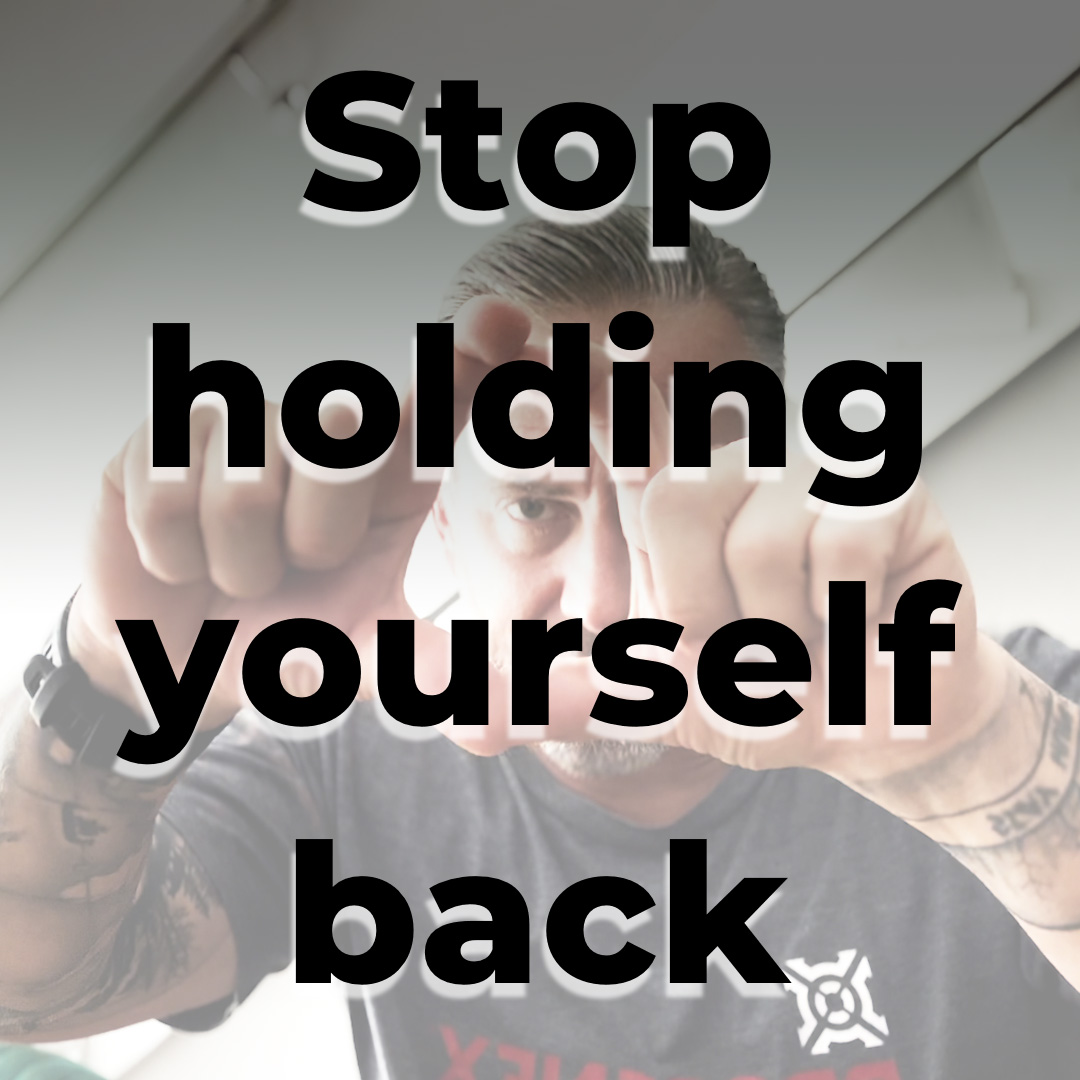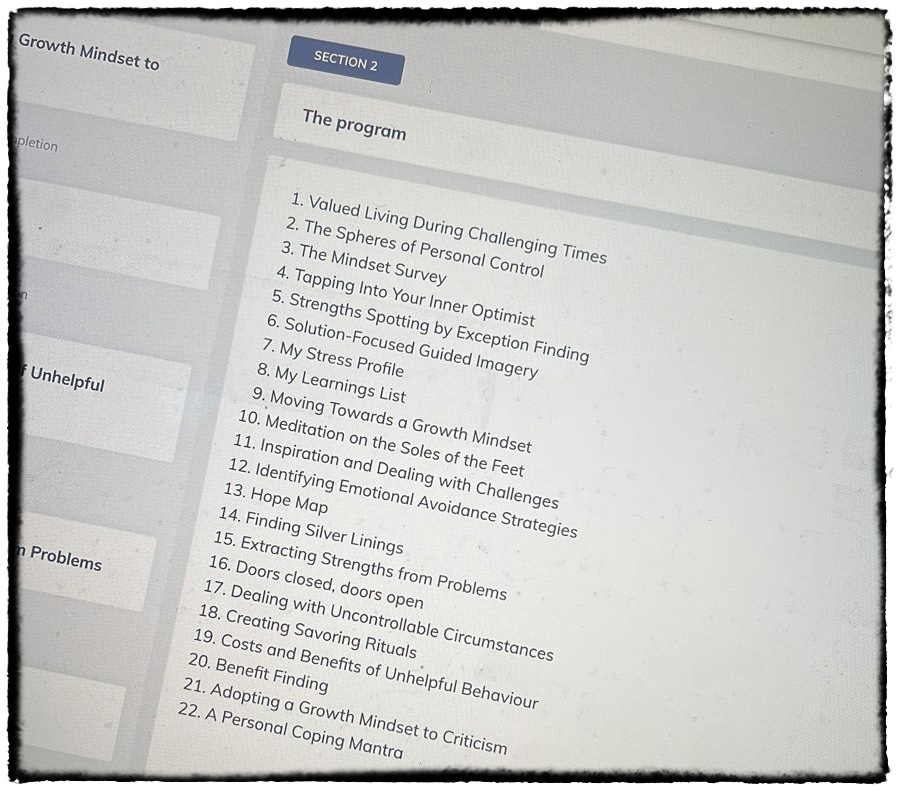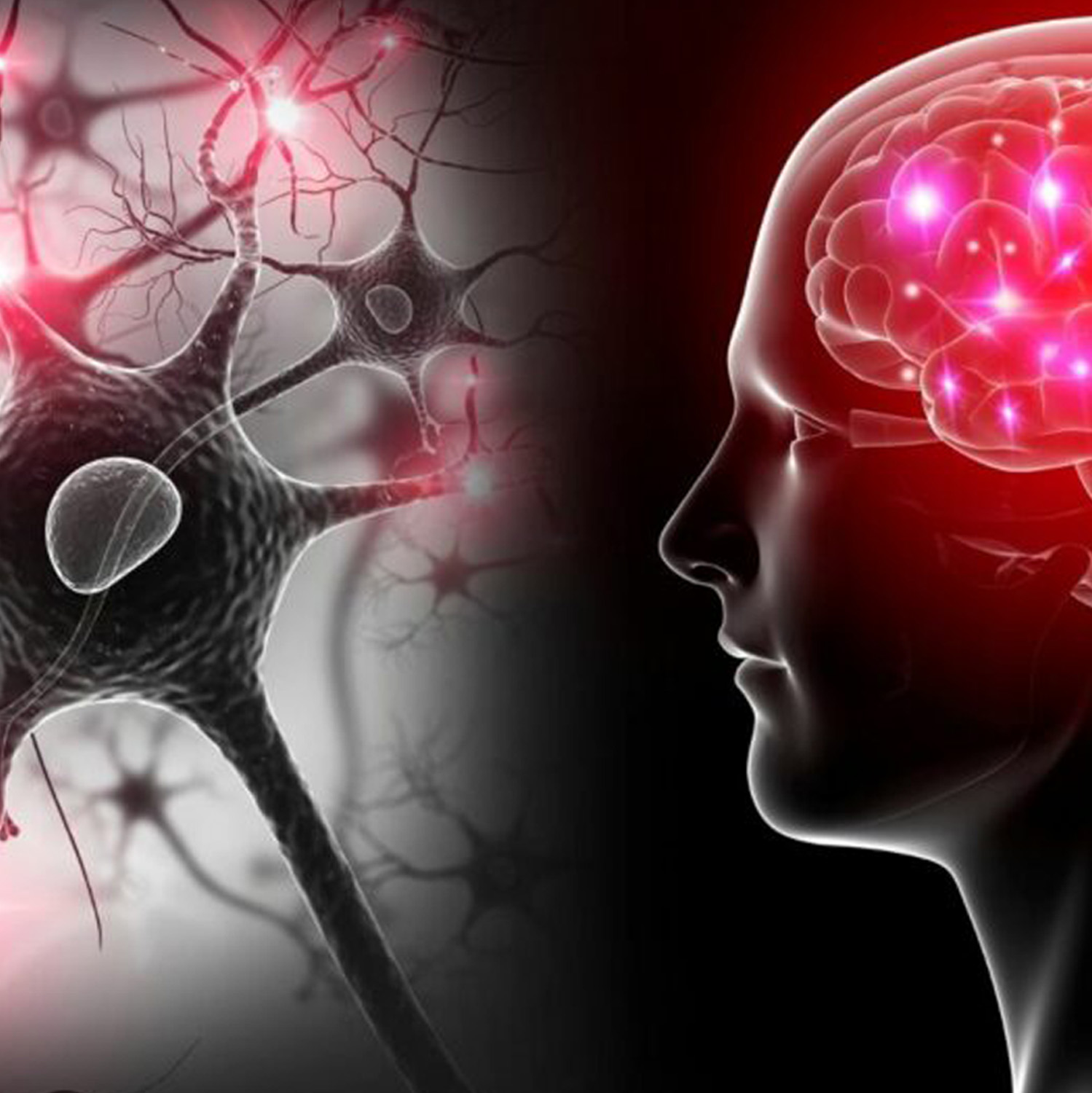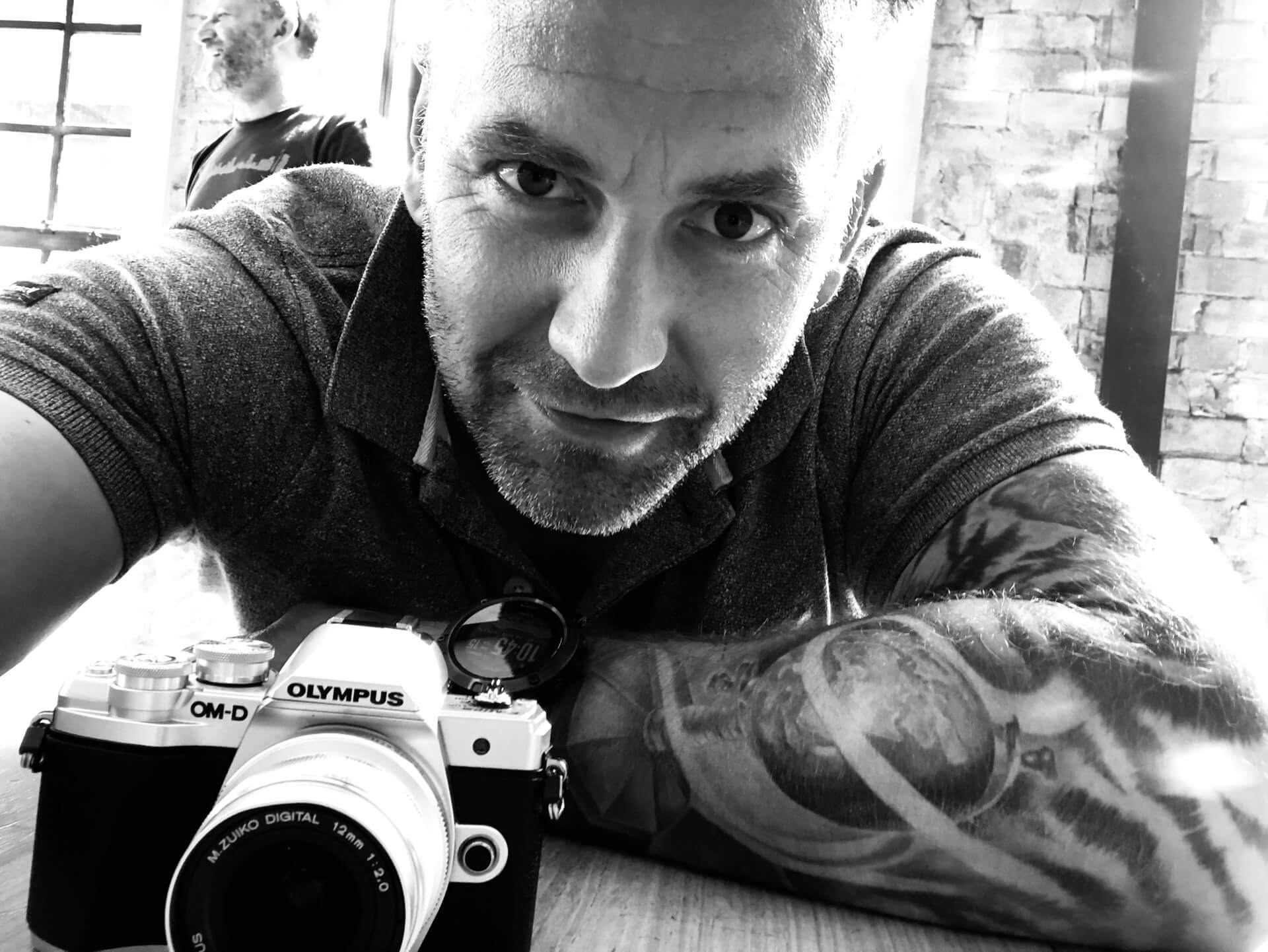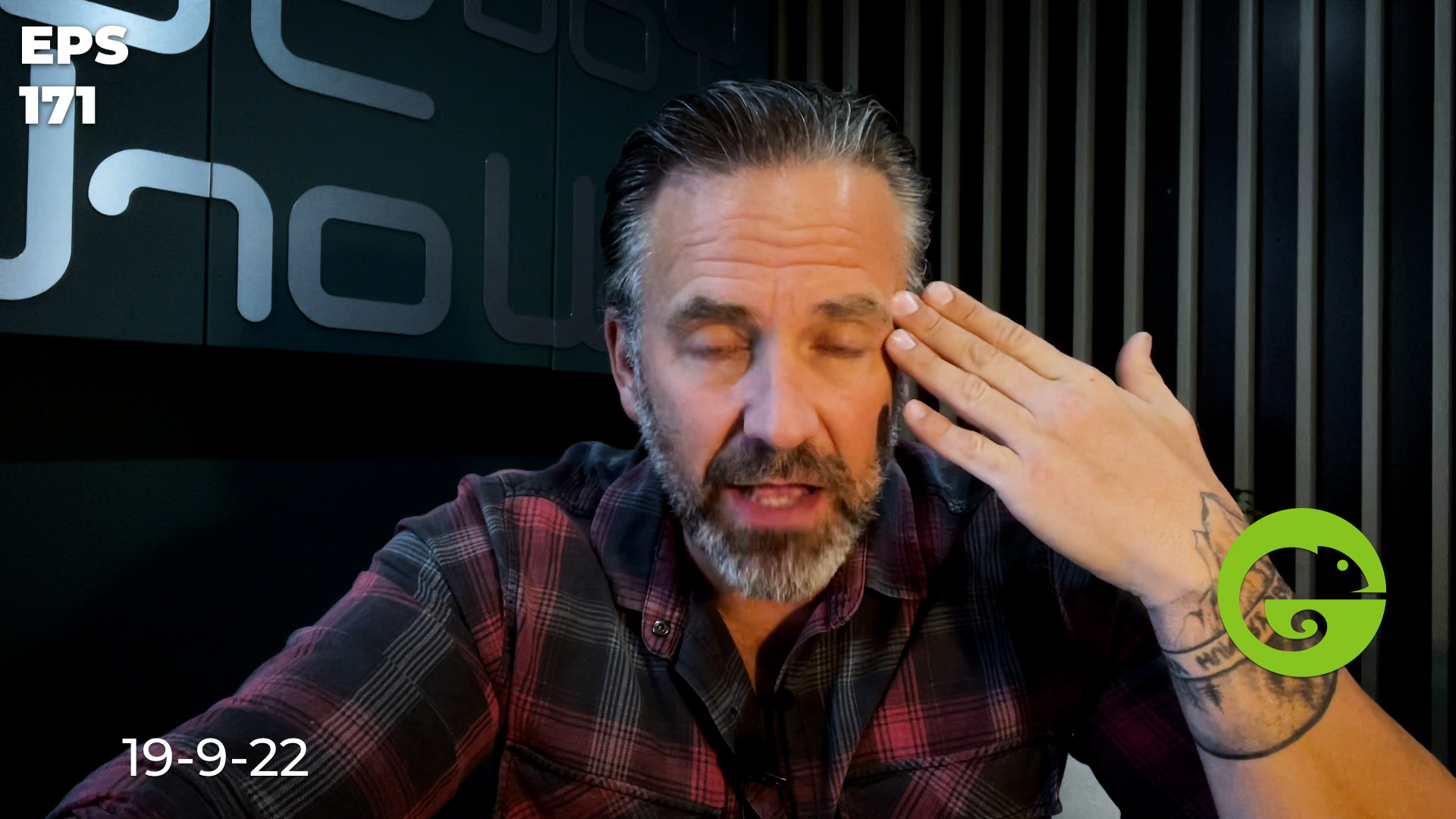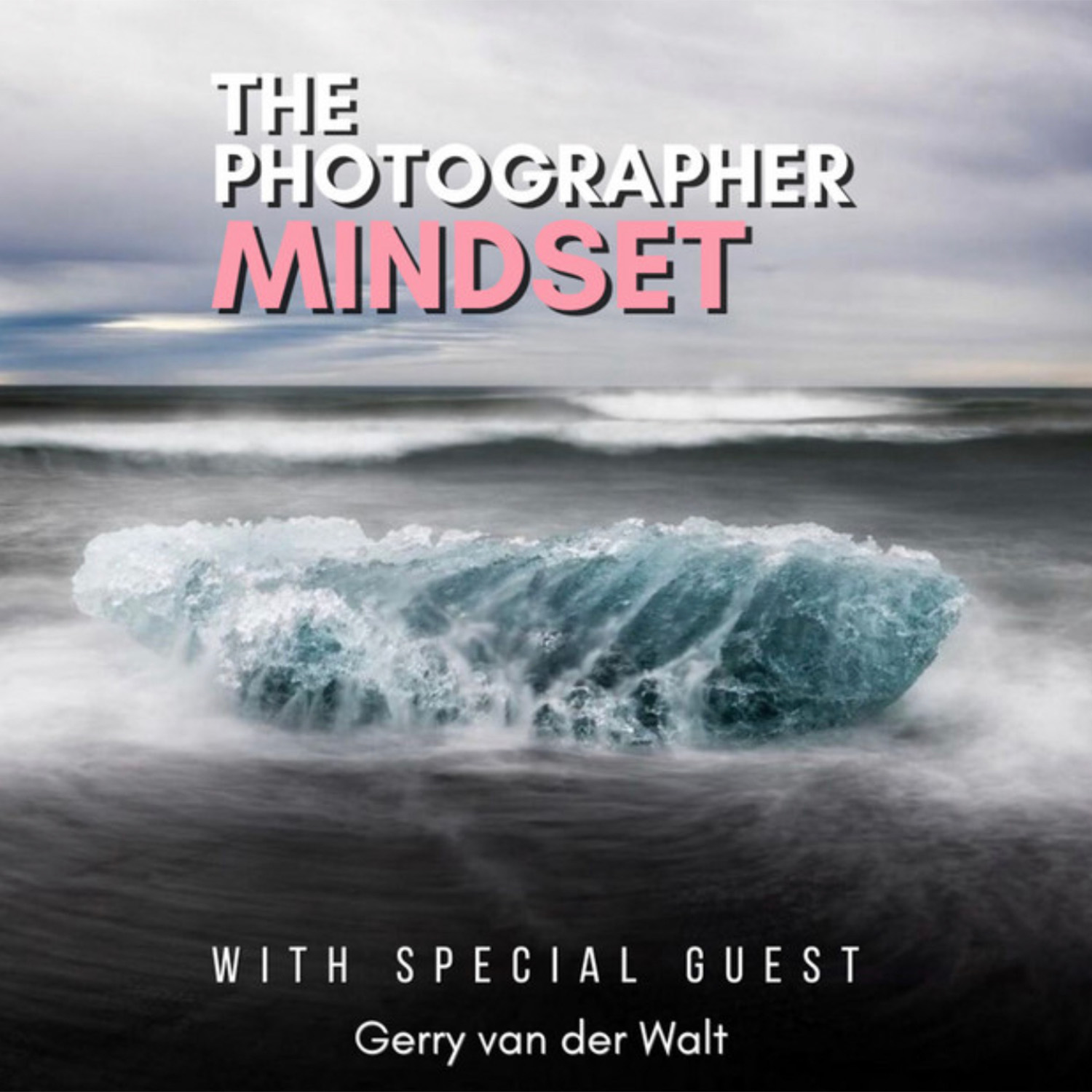Our feelings are shaped and triggered by the thoughts we have.
By becoming aware of this causal relationship and by observing our thoughts, a negative cycle of thinking and feeling can be prevented from occurring.
Yes, this definitely plays to overthinking – as I’m sure many of you will be very aware of – as our brains are programmed to fill in the gaps in stories that play out in our lives.
And in our heads.

It’s a normal thing that happens, this filling of the mental gaps in our minds, to help us to make sense of the world around us, the people in it and the stories we live.
It goes without saying that, depending on what information you use to fill the gaps, the resulting ‘truth’ you end up with can leave you feeling a lot of different emotions.
I want to share a little exercise with you to show how filling the gaps can affect your thoughts, moods and resulting emotions.
But before that the following two points, which I will share again after the exercise, are important to keep in mind.
- Thoughts are not facts. Thoughts are mental events
- Emotional reactions reflect interpretations about situations rather than the actual situations themselves.
So I’d like for you to try this exercise with me.
“Imagine strolling along a street that you are well-acquainted with. As you look up, you notice that there is someone you know on the other side of the road. You smile and wave, however the person does not respond. The person continues to walk without giving you the slightest reaction…”

What is the first thing you thought when you imagined the situation?
What is the first thing you felt?
Maybe a specific emotion?
What emotion did you feel when you imagined the scenario?
Now it can be pretty tough to differentiate between our thoughts and emotions because they play off each other very rapidly so here are a few examples of what you might have thought and the associated emotion.
- Worried – “What the hell, why is he upset with me?”
- Intrigued – “Wonder why he didn’t notice me?”
- Anger – “How rude. He saw me and chose to ignore me!”
- Sadness – “I guess he doesn’t like me that much after all.”
- Concern – “Maybe he’s just stressed. Hope he’s okay.”
- Indifference – “Oh well, guess he just didn’t see me.”
Can you see, depending on how you fill the gap, how dramatically different the resulting emotions can be?
And then, depending on the emotion you feel, how your actions will be influenced by it?
If you’re an over-thinker what might happen is, once you fill the gap with a certain narrative, you start looking for and judging other events in your life to validate and substantiate how you feel and what you’re thinking.
It could go a little something like this:
- Your friend doesn’t wave at you in the street.
- (For whatever reason.)
- You get upset because you feel they are upset with you.
- (You fill the gap with this belief.)
- You start thinking about recent conversations and events.
- (Overthinking kicks in.)
- (Confirmation bias kicks in.)
- She didn’t answer my phone call last week.
- (So it shows she has an issue with me.)
- (Even though she might have been working and busy.)
- You pull back from your friend because of the ‘reality’ you have created in your mind.
- (Based on the information you used to fill the gap.)
And to think, it would’ve taken you one conversation with your friend in order to fill the gap with the correct information and avoid all the negative emotions in your head.
Seems so simple when you break it down like that right?
Whether you like it or not, life happens and often you’re going to be left in a situation where you need to fill the gap in order to complete the story in your head.
When this happens, for good or for bad, it’s important to remind yourself of the two points I shared earlier on.
- Thoughts are not facts. Thoughts are mental events.
- Emotional reactions reflect interpretations about situations rather than the actual situations themselves.
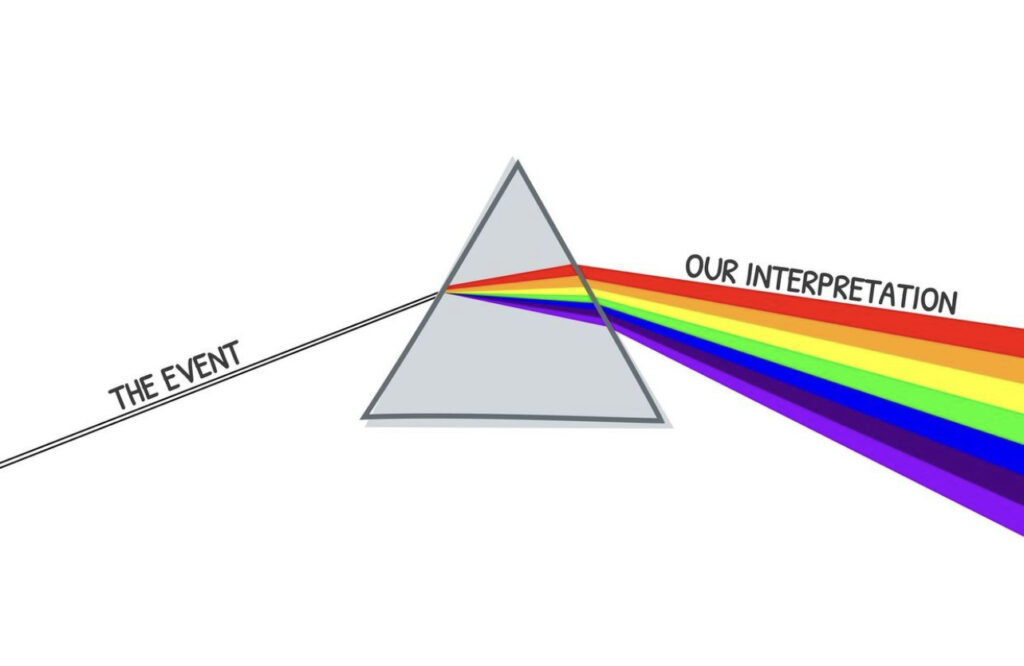
Let’s be honest here.
We have to admit that sometimes our assumptions and preconceived notions are wrong, and therefore, our interpretation of events is incorrect.
This causes us to overreact, to take things personally, or to judge people unfairly. And often then we act, or react, in a way that you might regret later.
Filling the gap to complete stories in our life is normal.
Keep this in mind when you next find yourself going down an emotional roller coaster when you’re creating your interpretation of life and events around you.
If you would like to explore filling the gap and how you interpret your stories please feel free to get in touch and let’s chat. 🙏🏼



